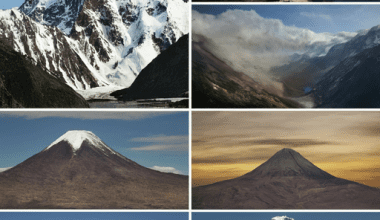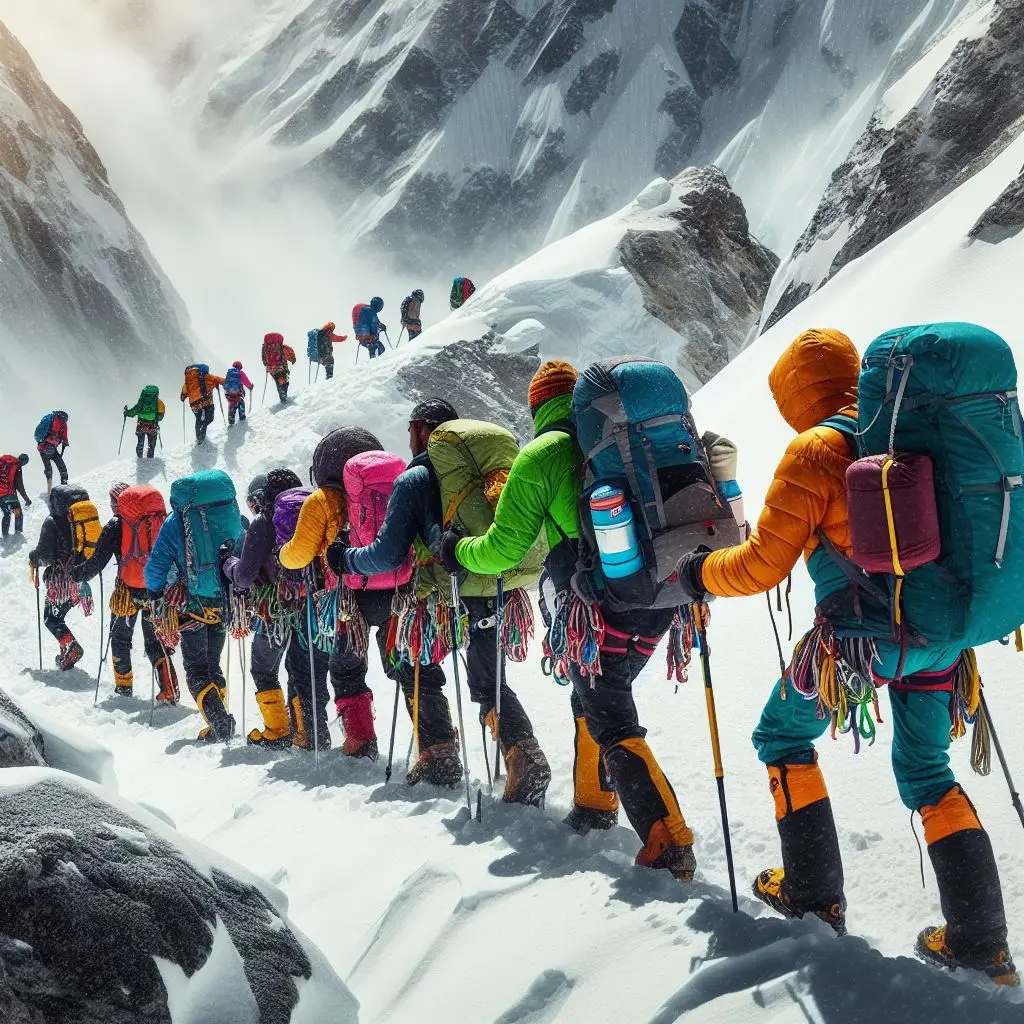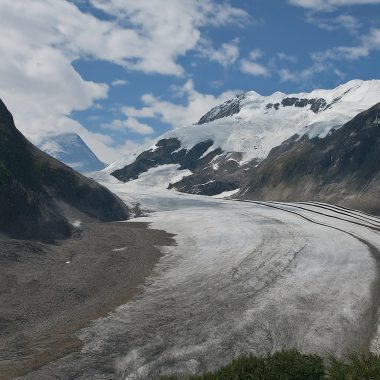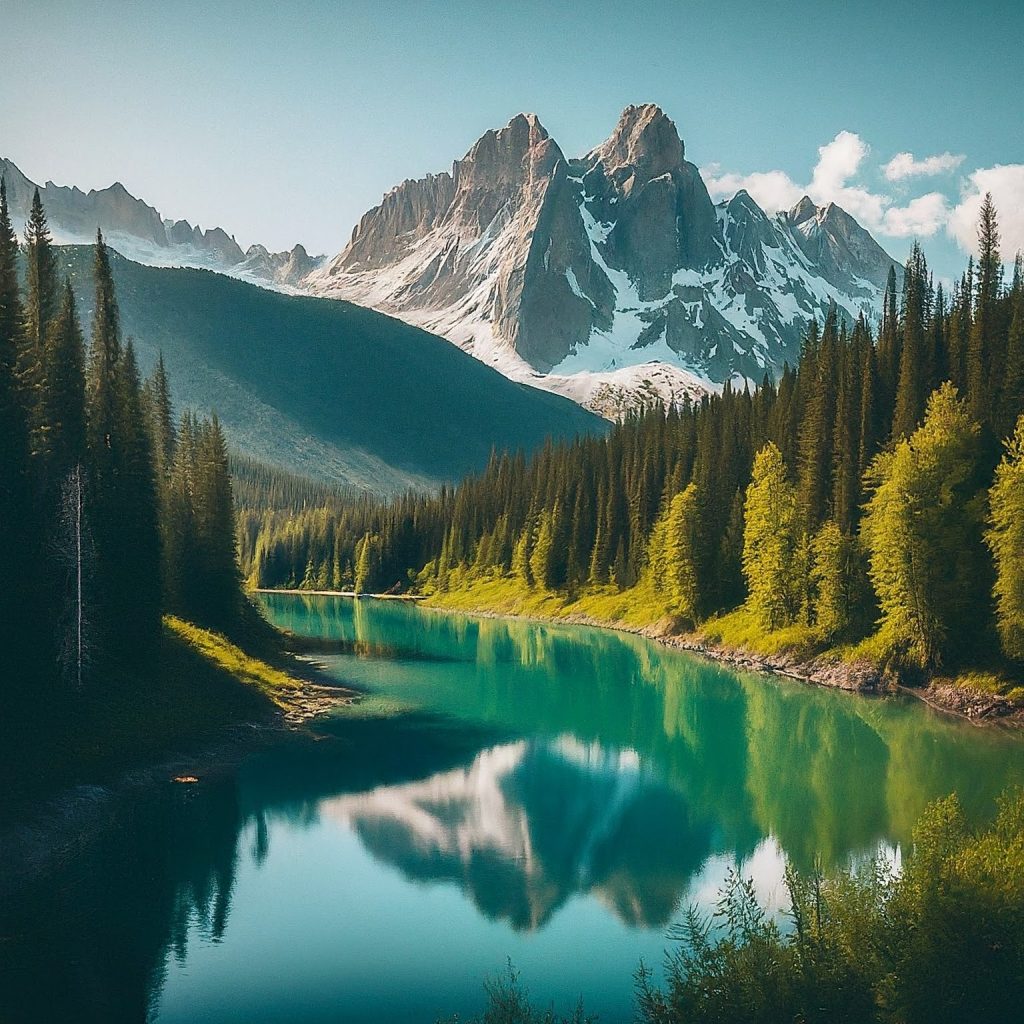
The mighty mountains have captivated us for millennia. Their towering peaks, serene valleys, and diverse ecosystems are a source of awe, adventure, and cultural heritage. But these giants face a growing threat: climate change.
Melting glaciers, erratic weather patterns, and increased flooding disrupt mountain environments, impacting everything from water resources to local communities.
However, amidst this challenge, a hopeful movement is gaining ground: sustainable mountain tourism.
The Problem: Climate Change Steals the Mountains’ Magic
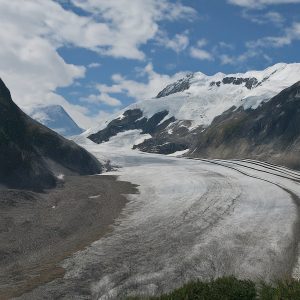
Climate change isn’t just a distant threat; its effects are starkly visible in mountain regions. Once-majestic glaciers are retreating, leaving behind barren rock faces. Unpredictable weather patterns bring heavy rainfall and flash floods, causing damage and instability. These disruptions have a domino effect, affecting water supplies, wildlife habitats, and the livelihoods of people who call the mountains home.
The urgency to address climate change is undeniable. Sustainable mountain tourism offers a path forward, one that allows us to continue to experience the beauty of the mountains while protecting them for future generations.
The Solution: Sustainable Mountain Tourism

Sustainable mountain tourism is a responsible travel approach that prioritizes environmental conservation and cultural sensitivity. It’s about minimizing our impact while maximizing our enjoyment and appreciation for these unique landscapes.
Here are some key principles of sustainable mountain tourism:
- Eco-friendly accommodation: Opting for eco-lodges built with local materials and using renewable energy sources reduces environmental strain.
- Responsible waste management: Packing reusable water bottles, using biodegradable products, and minimizing waste generation ensures pristine mountain environments.
- Respectful interaction with wildlife: Keeping a safe distance, avoiding feeding animals, and following designated trails allows wildlife to thrive undisturbed.
- Supporting local communities: Choosing local guides, shops, and restaurants injects tourism dollars directly into the local economy, fostering cultural exchange and community well-being.
A Win-Win for All
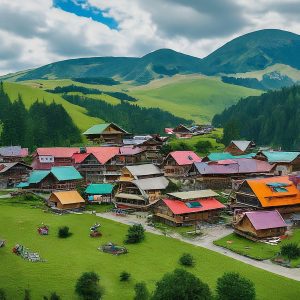
Sustainable tourism isn’t just about protecting the environment; it benefits everyone involved. Here’s how:
- A healthier environment: Responsible practices ensure cleaner air, water, and wildlife habitats, making the mountains a more enjoyable experience for everyone.
- Thriving communities: Supporting local businesses empowers mountain communities, preserving their cultural heritage and traditions.
- Authentic experiences: Sustainable tourism fosters a deeper connection with the mountains and their people, creating lasting memories for travelers.
Be a Part of the Solution: Tips for Sustainable Mountain Travelers
We can all be part of the solution by embracing sustainable practices during our mountain adventures. Here are some actionable tips:
- Plan and pack efficiently: Pack light, choose reusable gear, and avoid bringing single-use plastics.
- Minimize transportation impact: Opt for public transportation, carpooling, or electric vehicles whenever possible.
- Respect the land: Stay on designated trails, avoid disturbing wildlife, and leave no trace behind.
- Support local conservation efforts: Consider participating in environmental cleanups or donating to local conservation organizations.
By making informed choices and adopting sustainable practices, we can ensure that future generations can continue to experience the wonder and beauty of the mountains. Let’s conquer climate change together, one sustainable mountain adventure at a time!

